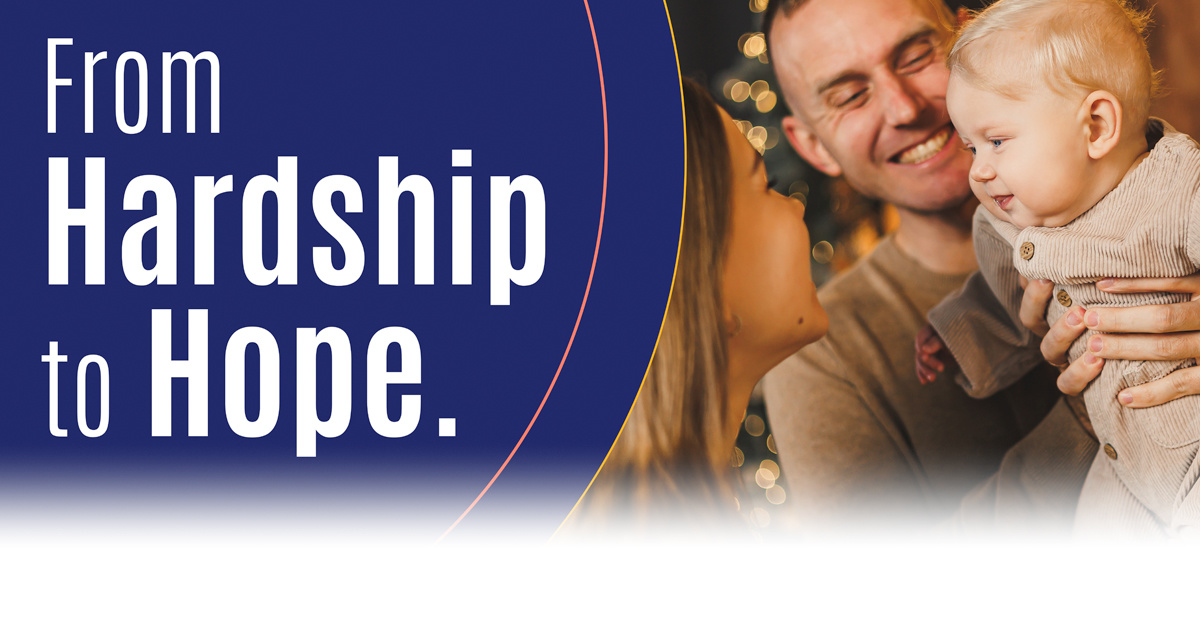Responding to Common Rebuttals About Anti-Racism
“White privilege isn’t real.”
White privilege doesn’t mean every white person is wealthy or without struggle. It means your skin color hasn’t been a barrier. In America, being white is often treated as the “default,” and white people frequently receive the benefit of the doubt in ways people of color do not.
“What about Black-on-Black crime?”
Crime is tied to poverty and lack of opportunity, not race. In neighborhoods with similar income levels, crime rates are similar regardless of race. Because of systemic racism, Black communities have faced higher levels of economic disadvantage,
which shapes these outcomes.
“I can’t support rioting and looting.”
The overwhelming majority of protests are peaceful. At times, peaceful protests have been met with tear gas, rubber bullets, and mass arrests — escalating tensions. Some take advantage of the chaos for looting, but focusing only on property loss ignores the far greater issue: the repeated loss of Black lives.
“If they just followed the law, they’d be fine.”
Even if a crime is committed, it doesn’t justify a death sentence without trial. Innocent people have been killed simply for “fitting a description.” Everyone deserves due process under the law.
“Black people commit more crime.”
This is a myth reinforced by over-policing. Black neighborhoods often face heavier surveillance and more police contact, which leads to more arrests being recorded. Poverty and inequality drive crime rates — not race.
“Many of the people killed had criminal histories.”
A past record is irrelevant in the moment of an arrest. The role of police is not to serve as judge, jury, and executioner. Excessive force and killings cannot be excused by someone’s history.
“It’s just a few bad apples.”
The issue is systemic. Individual officers who commit violence often face little accountability because of how policing is structured. Reform must address the system, not just individuals.
“Don’t blame me, I never owned slaves.”
This isn’t about personal blame. It’s about recognizing that today’s inequities are the result of centuries of policies that advantaged some while disadvantaging others. We all share responsibility to work toward a fairer society.
“More white people are killed by police than Black people.”
Yes, in total numbers — because the white population is much larger. But proportionally, Black people are killed at four times the rate of white people.
“White people have been oppressed too.”
People may experience oppression based on class, gender, or sexuality, but that is different from racial oppression. Today’s conversation is specifically about systemic racism and its impacts.
“Blue Lives Matter.”
Being a police officer is a profession; being Black is an identity you cannot remove. Officers can take off the uniform at the end of the day — Black people cannot stop experiencing racism.
“All Lives Matter.”
All lives cannot matter until Black lives do. Saying “Black Lives Matter” doesn’t mean they matter more — it means they matter equally, which history has repeatedly denied.
“Why isn’t there a White History Month?”
White history has always been centered — in schools, media, and culture. Black history was excluded for centuries, which is why Black History Month exists: to highlight contributions that were ignored.
“I don’t see color.”
This statement dismisses both the beauty of racial identity and the realities of racial inequity. To “not see color” is to ignore the structural barriers that exist — and the experiences of people who live them daily.
“I’m not racist — I have Black friends.”
Personal relationships don’t automatically erase racist ideas or behaviors. Systemic racism still exists regardless of your friend group. True allyship requires action, not just association.
“Why do we have to make everything about race?”
Because race already shapes outcomes. White people often don’t have to think about their race — Black people do, every day. Naming race is necessary to address inequities that otherwise go unseen.
“Immigrants face challenges too — why focus so much on Black people?”
It’s true that many immigrant communities experience discrimination and barriers. Those struggles matter, and we must work toward fairness for all. What makes the Black experience unique is that systemic racism has been built into U.S. policies for over 400 years — from slavery to Jim Crow to redlining and mass incarceration. Addressing anti-Black racism helps create systems that are fairer for everyone, including immigrants.
“Why are Metro United Way and others talking about equity so much?”
Because lasting change requires shifting from short-term charity to long-term transformation. Equity means tackling the root causes of injustice, investing in communities most affected, and changing policies that create disparities.
Learn more and get involved: Metro United Way Diversity, Equity & Inclusion
